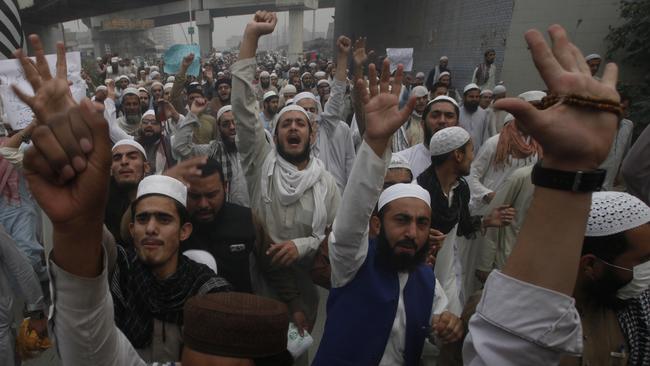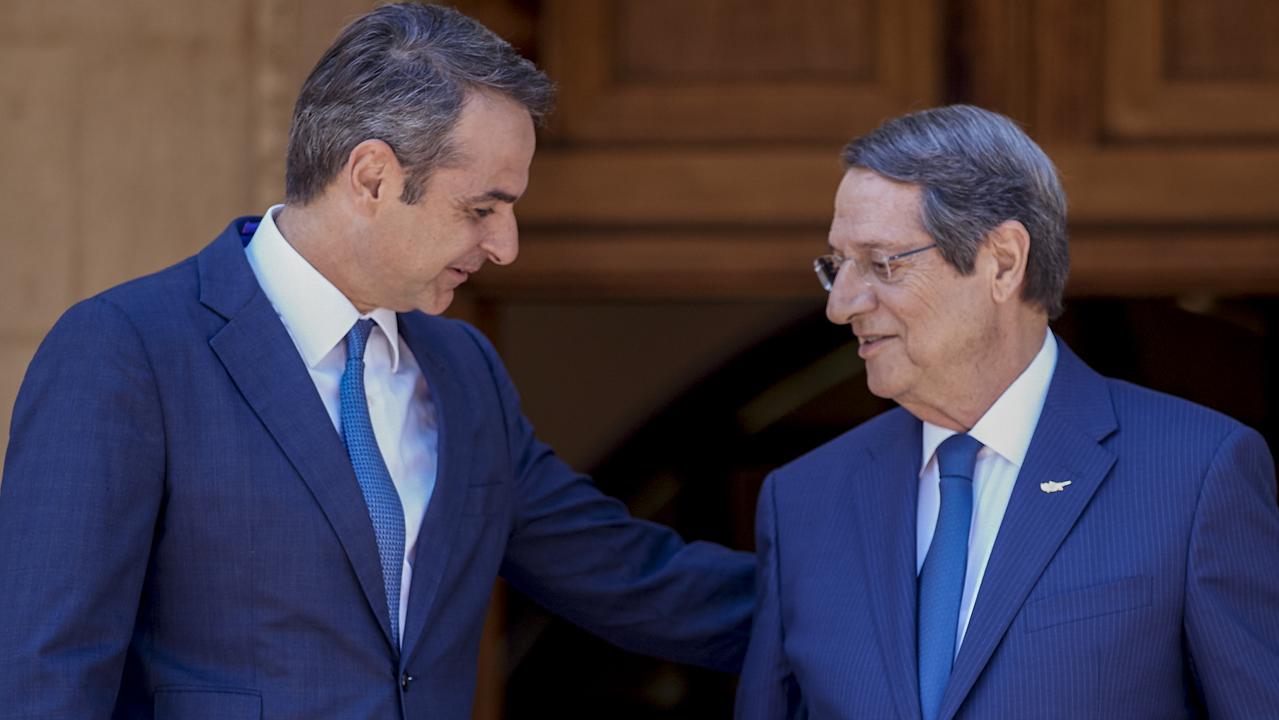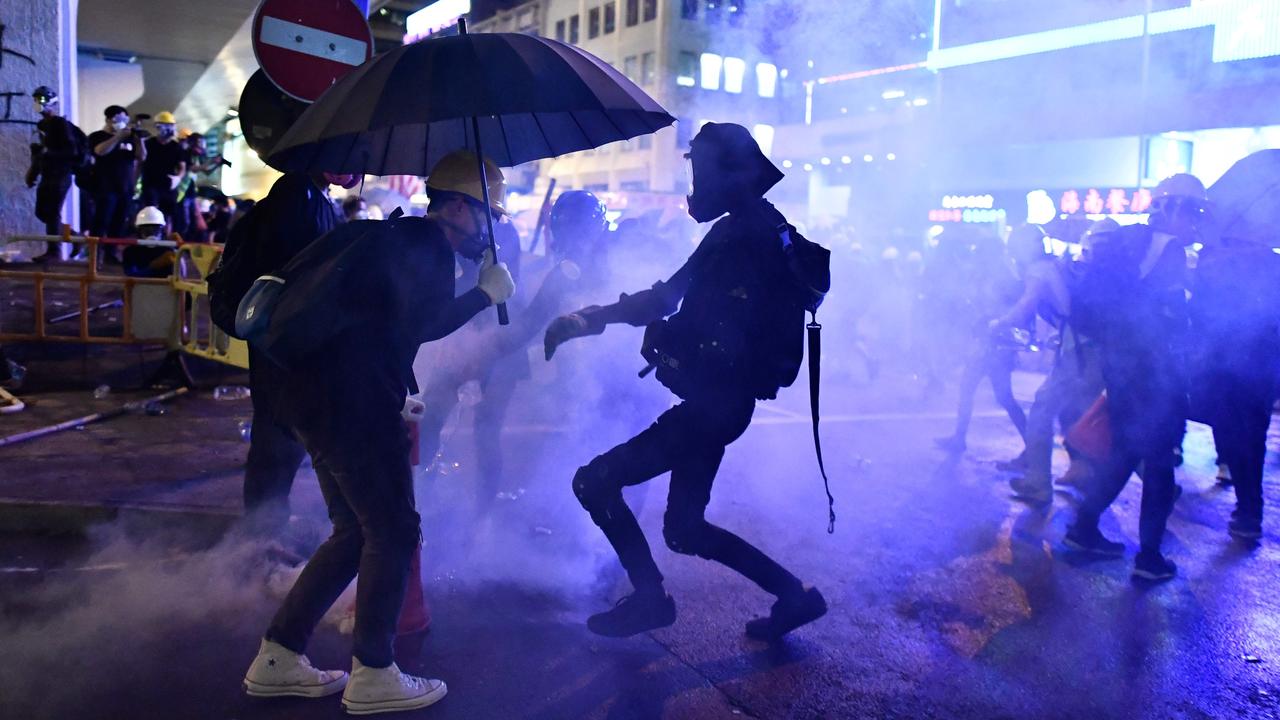Pakistani judges make a stand against bigotry

Nine years ago, Asia Bibi, a poor farm labourer from Pakistan’s tiny Christian minority, went to fetch a jug of water from a well for the Muslim women working beside her in the fields.
It was a hot day. She took a sip before passing the water on, inadvertently initiating a furore that has lasted ever since.
On Wednesday, the Supreme Court overturned the verdict of the lower courts and acquitted Bibi of blasphemy.
The charges stemmed from her neighbours’ anger that an “unclean” Christian had dared to share their drinking vessel. Bibi’s fellow fruit-pickers had demanded she convert to Islam. After she refused, a mob accused her of insulting the prophet Mohammed — an offence punishable by death in Pakistan. The mother of five has languished in a windowless cell ever since, at great cost to her mental health.
In 2011, Islamist extremists murdered Salman Taseer and Shahbaz Bhatti, two politicians who had dared to speak in her defence. In 2016, a Supreme Court judge recused himself from hearing her appeal, delaying proceedings until earlier this year. Bibi’s long detention and possible hanging had come to symbolise the inability of the state to stand up to religious bigotry.
That the court did finally stand up to the zealots came as something of a surprise. Publication of the verdict, reached on October 8, was delayed amid threats from Islamists to bring the country to a standstill and to murder Bibi and the judges who acquitted her, should she be let off.
Yet the ruling, when it came, proved both forthright and religiously grounded. It deems the claim that committed blasphemy “concoction incarnate”. It states that by “mixing truth with falsehood in the name of the Holy prophet”, the original complaint could be seen as blasphemous.
Bibi, it declares with Shakespearean flourish, was “more sinned against than sinning”.
It ends with a reference to a story about Mohammed, who is said to have criticised those who are “cruel and hard” to non-Muslims.
If the judges’ courage was unexpected, the Islamists’ reply is predictable. In the past year, Tehreek-e-Labbaik Pakistan, a fast-growing political party formed by supporters of the murderer of Taseer, has fanned public hysteria about largely imaginary incidents of something that should not be a crime in the first place. Its supporters block roads and burn tyres in most big cities. One of its leaders has called for the army, with whom the group has often seemed to align, to mutiny.
Pakistan stands at a tipping point, argues Fasi Zaka, a pundit. “The judges have done their part,” he says, but if the government or the armed forces begin to negotiate with and appease the TLP, the case could once again make the state look pathetic. Previous stands against pious bullies have often been followed by capitulation. Encouragingly, Prime Minister Imran Khan blasted the protesters in a televised address. But the army, whose muscle may be needed to restore order, has yet to back him publicly.
A unified state could win this “war of nerves” with Islamist protesters, says Zaka. Blink and Bibi, who is to be spirited abroad at the earliest opportunity, would leave behind a country still cravenly bowing to bigots.


